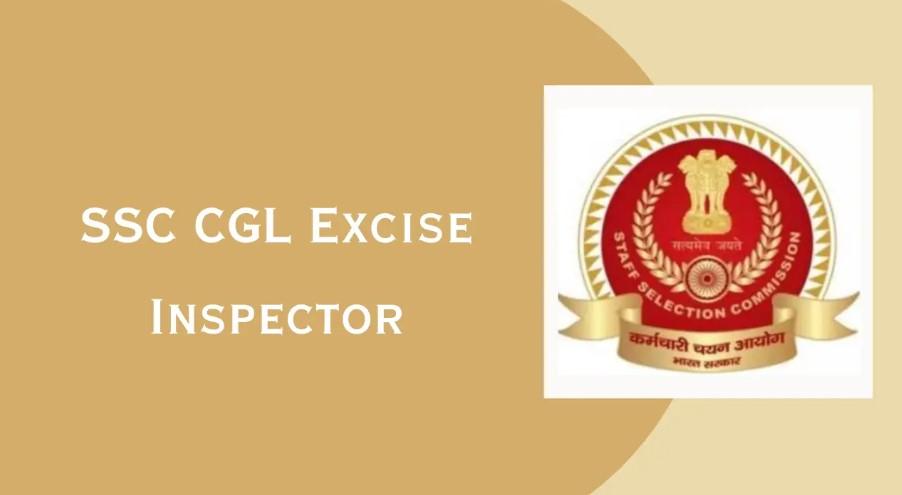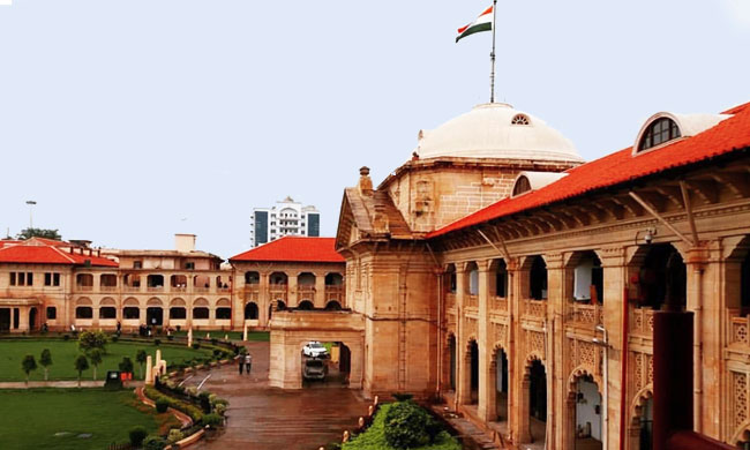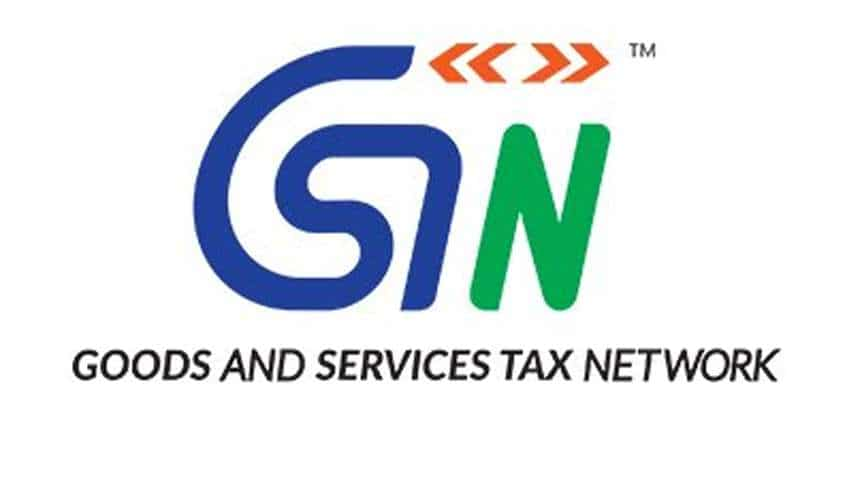Zomato Ltd. and Bundl Technologies Pvt.-operated Swiggy have reportedly come under scrutiny from tax authorities with combined notices worth Rs 750 crore.1


Zomato, holding the largest market share in the country’s online food delivery, has received a goods and services tax notice of Rs 400 crore from the Directorate General of GST Intelligence, as reported by CNBC-TV18. Swiggy has been served a GST notice of Rs 350 crore by the DGGI.
The central focus of this development is whether the delivery partner fees charged by these platforms are subject to GST demands.
![]() Author Key Note 1 :- Remember, this fees is not charged by the platform from the customer but it fees charged via the platform by the Delivery Partners from the Customers, so technically speaking unless there is a profit retention by these companies in this component, this is a case of fees purely accruing in the hands of the Delivery partners. In Essence,food delivery platforms function as intermediaries, facilitating transactions between consumers and independent delivery partners.
Author Key Note 1 :- Remember, this fees is not charged by the platform from the customer but it fees charged via the platform by the Delivery Partners from the Customers, so technically speaking unless there is a profit retention by these companies in this component, this is a case of fees purely accruing in the hands of the Delivery partners. In Essence,food delivery platforms function as intermediaries, facilitating transactions between consumers and independent delivery partners.

Hence, it is the delivery partner who is providing the services directly to the customers. Since, there is no separate supply of services from the platform operator to customer with regards to delivery services, GST is not payable on delivery partner fee by Zomato or Swiggy,
These delivery partners, often referred to as gig workers, operate as independent contractors and are not considered employees of the platforms.
Notably, delivery partners might be unregistered under GST and due to their turnover falling below the required threshold, are not subject to taxation for their services.
![]() Author Key Note 2 :- As per Section 22(1) of CGST Act, 2017 – Every supplier shall be liable to be registered under this Act in the State or Union territory, other than special category States, from where he makes a taxable supply of goods or services or both, if his aggregate turnover in a financial year exceeds twenty lakh rupees
Author Key Note 2 :- As per Section 22(1) of CGST Act, 2017 – Every supplier shall be liable to be registered under this Act in the State or Union territory, other than special category States, from where he makes a taxable supply of goods or services or both, if his aggregate turnover in a financial year exceeds twenty lakh rupees
As the GST department does not have a legitimate case against such delivery partners, it seems to be an attempt to fasten such liability on the e-commerce operators by claiming that such platforms are the service providers in respect of delivery partner fee. In this regard, contractual arrangements and actual disbursement of delivery partner fees by these food platforms will become relevant. Said Shashi Mathews, Partner, Indus Law.

Swiggy and Zomato already comply with regulations by paying a 5% GST on all food deliveries facilitated through their applications. However, the ongoing dispute revolves around additional charges, separate from the cost of the food, collected by these platforms and subsequently paid to the delivery personnel.
Importantly, the delivery individuals are characterised as independent operators and not employees of the platform. The charges in question, which are paid to them, are not being counted as revenue for the platform.
What’s Ahead For Zomato And Swiggy?
The current demands from the Revenue Department are presented in the form of a pre-consultation notice. In this stage, food platforms have the opportunity to provide justifications for their claims, directly to the department.
The platforms can present arguments, clarify their positions, and address any concerns raised by the department, or take a legal route by approaching the courts, specifically through a writ petition.
They can choose to challenge the proposed demands, either at the initial stage, before a show-cause notice is issued, or even after that.
Given the approach of the revenue authorities, it is likely that the food platforms will be forced to knock on the doors of the courts for any remedy, said to Induslaw’s Shashi Mathews.













